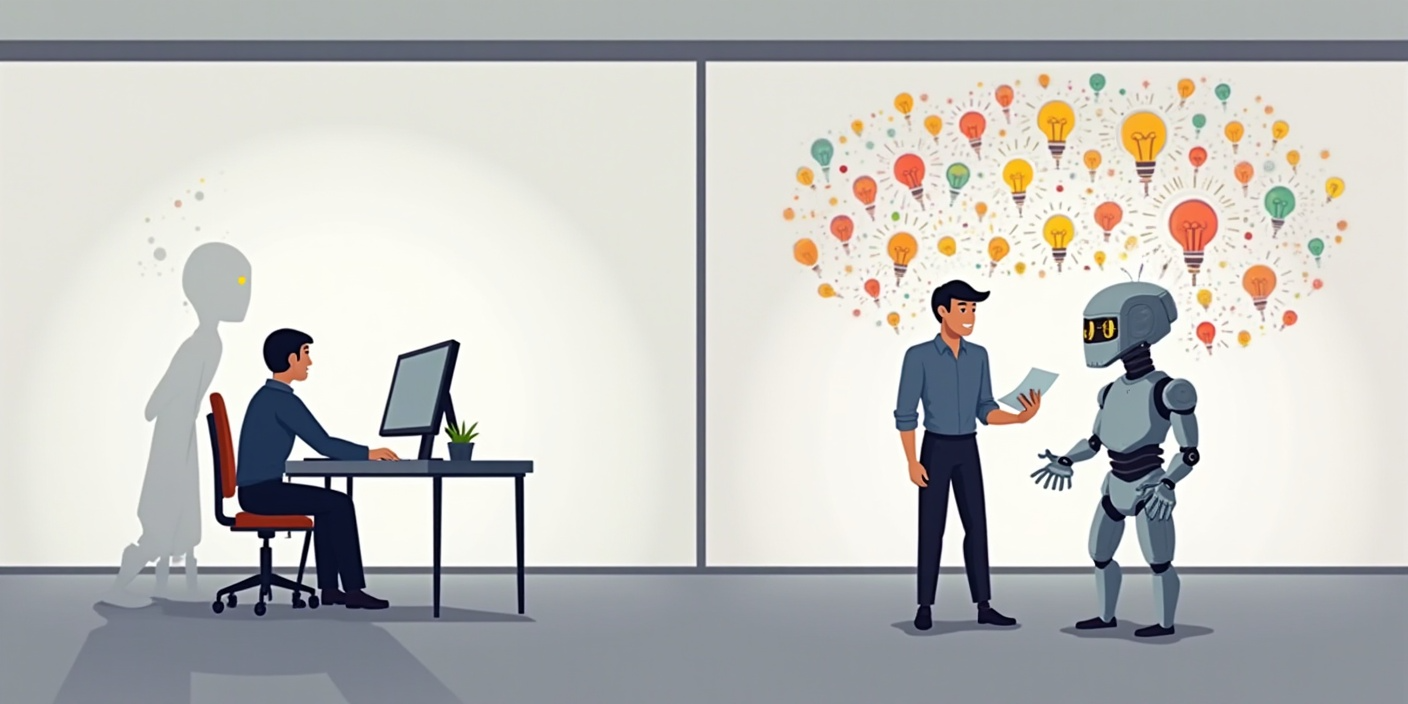News
1. Some researchers expect large benefits of plant-based food alternatives.
A recent study (Nature Communications) suggests that by replacing 50% of meat and milk products with plant-based alternatives by 2050, it’s possible to achieve a 31% reduction in greenhouse gas emissions from agriculture and land use, while also preventing further degradation of forests and natural land.
2. Humanized kidneys were grown in pig embryos for the first time.
In a recently published study (Cell Stem Cell), researchers from the Guangzhou Institute of Biomedicine and Health, Chinese Academy of Sciences, detailed their achievement of cultivating kidneys within pig embryos, predominantly comprised of human cells, resulting in kidneys with approximately 50% to 60% human composition.
3. AI is used in predicting crime.
Voyager Labs, with a contract with NYPD, is monitoring social media to predict crime (Insider).
4. AI expansion in customer relationship management, visual design, and consulting
Salesforce’s AI suite, Einstein Copilot, offers a range of AI agents for various tasks in CRM and applications, including sales, service, marketing, commerce, development, and industry-specific customization, with plans to expand its use to consumer-facing channels like websites and chat platforms (VentureBeat).
Adobe has launched its Firefly generative AI models, offering users access through a web app, Adobe Express, and Creative Cloud apps like Photoshop and Illustrator, with enterprise options including brand-specific models and GenStudio (BusinessWire).
The global EY organization has launched EY.ai, a platform for assisting clients in responsibly adopting AI for business transformation. The platform will feature tools like the EY.ai Confidence Index for AI evaluation and monitoring and the EY.ai Value Accelerator to prioritize strategic initiatives (EY).
5. Text-to-music becomes better.
Stability AI has introduced Stable Audio, a text-to-audio generative AI platform utilizing a diffusion model, similar to its image platform Stable Diffusion, but trained for audio, enabling users to create music and background audio for various projects (IdeaEarly).
6. AI safety researcher recognized
Sharon Li is named as 2023 Innovator of the Year by MIT Technology Review (among 35 Innovators Under 35). Li designed one of the first algorithms on out-of-distribution detection for deep neural networks. This method might help AI models become safety aware by recognizing the boundary of their knowledge.
7. AI uses retinal images for diagnosis and prediction.
Scientists have created an AI tool called RETFound that can diagnose and predict the risk of various health conditions, including ocular diseases, heart failure, and Parkinson’s disease, by analyzing retinal images, using a self-supervised learning method that eliminates the need for manual image labeling (Nature).
8. A self-driving car that explains its actions
UK start-up Wayve has developed a “first of its kind” self-driving car system named Lingo-1 that can explain its decisions in plain English, aiming to increase transparency and build trust in autonomous vehicle technology (FT).
9. AI helps in personalizing 3D-printable models.
MIT researchers have created Style2Fab, a generative AI tool that allows users, including those with little experience, to add custom designs to 3D models using natural language prompts without affecting the object’s functionality (MIT News).
10. Three wearables got FDA approval.
The FDA has approved wearable monitors developed by Wellysis and SmartCardia, companies based in South Korea and Switzerland respectively, designed to enhance the precision of continuous electrocardiograms. These devices will provide doctors with an extensive insight into patients’ cardiac activity over a span of several days (FierceBiotech). Boston-based Beacon Biosignals has received FDA clearance for its sleep monitoring solution, developed in collaboration with recently acquired EEG headset maker Dreem. The system integrates Dreem’s hardware with Beacon’s AI software to facilitate home-based, high-fidelity overnight brain activity data collection for clinical research teams exploring new treatments for brain-related conditions (FierceBiotech).
Articles
1. How artificial intelligence can revolutionise science (Economist)
AI is increasingly being integrated into scientific research, with tools that can analyze vast data sets to identify patterns and promising avenues for exploration, and even facilitate “literature-based discovery” (LBD) by analyzing existing scientific literature to find new connections and hypotheses, and “robot scientists” or “self-driving labs” that can autonomously form and test hypotheses.
2. How to be an innovator (MIT Tech Review)
Andrew Ng emphasizes that AI is a dominant force in today’s innovation landscape, likening its transformative potential to that of electricity and highlighting its versatility in application across various industries. He encourages aspiring innovators to embrace failures as learning opportunities, to maintain optimism despite skepticism, and to actively seek truthful feedback. He also underscores the imperative of social responsibility in AI innovation.
3. Generative AI is just a phase. What’s next is interactive AI (MIT Tech Review)
DeepMind co-founder Mustafa Suleyman envisions the future of AI transitioning from generative to interactive, where AI chatbots like their recent creation “Pi” can carry out high-level goals set by users through conversational interfaces, collaborating with other AIs and people to accomplish tasks.
4. As artificial intelligence goes multimodal, medical applications multiply (Science)
With the development of multimodal AI, which can process various data types including text, speech, and images, there is potential for virtual health assistants, remote monitoring, and personalized healthcare applications, although challenges like overconfidence, biases, and privacy concerns need to be addressed for their widespread adoption in medicine.
5. Does Sam Altman know what he’s creating? (The Atlantic)
We don’t know too much about how GPT-4 works or where the development of AI leads us to.







